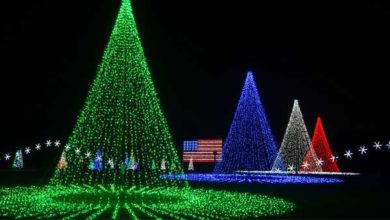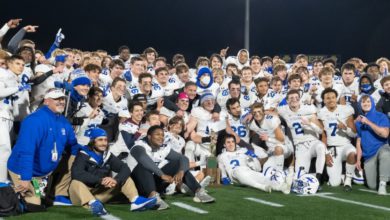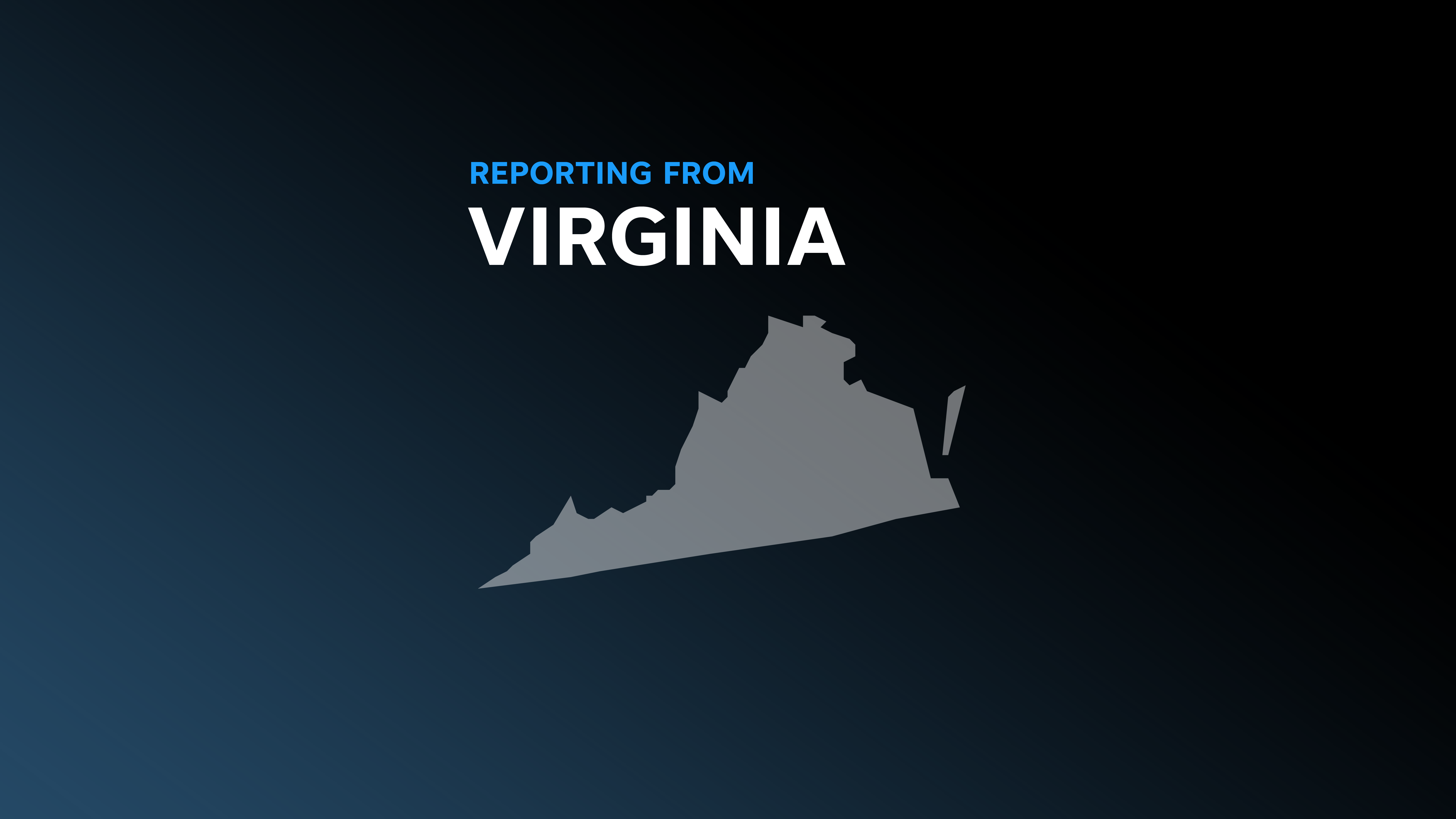
Chief of Cherokee Nation says 'it's time' for Jeep to stop using tribe's name
For the first time, the Cherokee Nation is asking Jeep to change the name of its Cherokee and Grand Cherokee vehicles.“I’m sure this comes from a place that is well-intended, but it does not honor us by having our name plastered on the side of a car," Chuck Hoskin, Jr., principal chief of the Cherokee Nation, told Car and Driver in a written statement responding to our request for comment on the issue. "The best way to honor us is to learn about our sovereign government, our role in this country, our history, culture, and language and have meaningful dialogue with federally recognized tribes on cultural appropriateness."Jeep has been building cars that wear the Cherokee Nation's name for more than 45 years. In that time, the company has gone on the record several times defending its decision to use the name of a Native American nation on its cars.Over the past eight years, since the reintroduction of the Cherokee nameplate to the U.S. market in 2013, the Cherokee Nation has gone on the record, too, but it had never explicitly said that Jeep should change the cars' names. Now, as Jeep prepares to launch the next generation of the Grand Cherokee against the backdrop of high-profile name changes in the world of sports, that has changed. In his statement, Chief Hoskin alluded to the mainstreaming of racial justice concepts following the Black Lives Matter protests last summer, as well as those sports stories.In December, Cleveland's Major League Baseball team made the decision to drop its nickname and mascot. Last July, Washington D.C.'s NFL team announced it would stop using a nickname long considered a racial slur. The team spent last season known only as the Washington Football Team.Both changes were a long time coming. The National Congress of American Indians began working to address issues of Native American imagery in 1968. In 2005, the National Collegiate Athletic Association began prohibiting colleges and universities from displaying hostile or abusive nicknames, mascots, or imagery. Last spring, the dairy company Land O' Lakes removed the image of a Native American woman it has used on its packaging. "I think we're in a day and age in this country where it’s time for both corporations and team sports to retire the use of Native American names, images and mascots from their products, team jerseys and sports in general," Chief Hoskin said in his statement. According to Amanda Cobb-Greetham, a professor at the University of Oklahoma and director of the school's Native Nations Center, the use of Native imagery in sports and popular culture started around the turn of the 20th century. At that time, there were fewer than 300,000 Native Americans living in the United States."Because of the prevalence of the ideology that Native peoples would eventually disappear... Native Americans became part of the national mythology of the frontier and the west and the settlement of America," Cobb-Greetham said. "And that's when suddenly you have Native American mascots and products, cultural kitsch. Car names are a part of that."Jeep first used the Cherokee name in a 1974 two-door wagon (one available trim was called Cherokee Chief). It has since built cars called Cherokee continuously, but from 2002 through 2013 the cars were known as the Liberty in the North American market. =When Jeep brought the Cherokee name back to its U.S. in 2013, a Cherokee Nation representative told the New York Times, “We have encouraged and applauded schools and universities for dropping offensive mascots,” but that “institutionally, the tribe does not have a stance on this.” That same story noted that the Cherokee Nation had not been consulted before Jeep brought the nameplate back to the U.S. The Grand Cherokee is Jeep's best-selling vehicle, and the Cherokee is its third-biggest-selling model.Together the vehicles made up more than 40% of Jeep's total sales in 2020. Since that same year, Jeep has used Mojave for certain Gladiator trucks. The Fort Mojave Indian Tribe's reservation covers parts of Arizona, California, and Nevada near the Mojave Desert. Last June, as protests over the death of George Floyd spurred discussions about racial justice, Chief Hoskin told the Wall Street Journal, "We hope the movement away from using tribes’ names and depictions or selling products without our consent, continues. We much prefer a cooperative effort than an adversarial one.” The most recognized example of that type of effort is probably the arrangement between Florida State University and the Seminole Tribe of Florida. It includes a scholarship program for students from the reservation. In 2005, the Seminole Tribe issued a resolution calling its relationship with the school a "historic partnership." The Cherokee Nation said it has no such relationship with Jeep.Jeep's ResponseTold of Chief Hoskin's call to end the use of the Cherokee name on its cars, Jeep said in a statement, "Our vehicle names have been carefully chosen and nurtured over the years to honor and celebrate Native American people for their nobility, prowess, and pride. We are, more than ever, committed to a respectful and open dialogue with Cherokee Nation Principal Chief Chuck Hoskin, Jr."But Cobb-Greetham, who is a member of Chickasaw Nation and stresses the Cherokee Nation's sovereignty in choosing how to respond to the use of its own name, takes a different view: "If you're going to honor somebody, give them an award. If you're going to name a product after them, you're selling."An official with Cherokee Nation says representatives from Jeep reached out to Chief Hoskin via phone earlier this month, but the nation's stance on Jeep's use of the name has not changed.
For the first time, the Cherokee Nation is asking Jeep to change the name of its Cherokee and Grand Cherokee vehicles.
“I’m sure this comes from a place that is well-intended, but it does not honor us by having our name plastered on the side of a car," Chuck Hoskin, Jr., principal chief of the Cherokee Nation, told Car and Driver in a written statement responding to our request for comment on the issue. "The best way to honor us is to learn about our sovereign government, our role in this country, our history, culture, and language and have meaningful dialogue with federally recognized tribes on cultural appropriateness."
Jeep has been building cars that wear the Cherokee Nation's name for more than 45 years. In that time, the company has gone on the record several times defending its decision to use the name of a Native American nation on its cars.
Over the past eight years, since the reintroduction of the Cherokee nameplate to the U.S. market in 2013, the Cherokee Nation has gone on the record, too, but it had never explicitly said that Jeep should change the cars' names.
Now, as Jeep prepares to launch the next generation of the Grand Cherokee against the backdrop of high-profile name changes in the world of sports, that has changed.
In his statement, Chief Hoskin alluded to the mainstreaming of racial justice concepts following the Black Lives Matter protests last summer, as well as those sports stories.
In December, Cleveland's Major League Baseball team made the decision to drop its nickname and mascot. Last July, Washington D.C.'s NFL team announced it would stop using a nickname long considered a racial slur. The team spent last season known only as the Washington Football Team.
Both changes were a long time coming. The National Congress of American Indians began working to address issues of Native American imagery in 1968. In 2005, the National Collegiate Athletic Association began prohibiting colleges and universities from displaying hostile or abusive nicknames, mascots, or imagery. Last spring, the dairy company Land O' Lakes removed the image of a Native American woman it has used on its packaging.
"I think we're in a day and age in this country where it’s time for both corporations and team sports to retire the use of Native American names, images and mascots from their products, team jerseys and sports in general," Chief Hoskin said in his statement.
According to Amanda Cobb-Greetham, a professor at the University of Oklahoma and director of the school's Native Nations Center, the use of Native imagery in sports and popular culture started around the turn of the 20th century. At that time, there were fewer than 300,000 Native Americans living in the United States.
"Because of the prevalence of the ideology that Native peoples would eventually disappear... Native Americans became part of the national mythology of the frontier and the west and the settlement of America," Cobb-Greetham said. "And that's when suddenly you have Native American mascots and products, cultural kitsch. Car names are a part of that."
Jeep first used the Cherokee name in a 1974 two-door wagon (one available trim was called Cherokee Chief). It has since built cars called Cherokee continuously, but from 2002 through 2013 the cars were known as the Liberty in the North American market. =
When Jeep brought the Cherokee name back to its U.S. in 2013, a Cherokee Nation representative told the New York Times, “We have encouraged and applauded schools and universities for dropping offensive mascots,” but that “institutionally, the tribe does not have a stance on this.”
That same story noted that the Cherokee Nation had not been consulted before Jeep brought the nameplate back to the U.S. The Grand Cherokee is Jeep's best-selling vehicle, and the Cherokee is its third-biggest-selling model.
Together the vehicles made up more than 40% of Jeep's total sales in 2020. Since that same year, Jeep has used Mojave for certain Gladiator trucks. The Fort Mojave Indian Tribe's reservation covers parts of Arizona, California, and Nevada near the Mojave Desert.
Last June, as protests over the death of George Floyd spurred discussions about racial justice, Chief Hoskin told the Wall Street Journal, "We hope the movement away from using tribes’ names and depictions or selling products without our consent, continues. We much prefer a cooperative effort than an adversarial one.”
The most recognized example of that type of effort is probably the arrangement between Florida State University and the Seminole Tribe of Florida. It includes a scholarship program for students from the reservation. In 2005, the Seminole Tribe issued a resolution calling its relationship with the school a "historic partnership." The Cherokee Nation said it has no such relationship with Jeep.
Jeep's Response
Told of Chief Hoskin's call to end the use of the Cherokee name on its cars, Jeep said in a statement, "Our vehicle names have been carefully chosen and nurtured over the years to honor and celebrate Native American people for their nobility, prowess, and pride. We are, more than ever, committed to a respectful and open dialogue with Cherokee Nation Principal Chief Chuck Hoskin, Jr."
But Cobb-Greetham, who is a member of Chickasaw Nation and stresses the Cherokee Nation's sovereignty in choosing how to respond to the use of its own name, takes a different view: "If you're going to honor somebody, give them an award. If you're going to name a product after them, you're selling."
An official with Cherokee Nation says representatives from Jeep reached out to Chief Hoskin via phone earlier this month, but the nation's stance on Jeep's use of the name has not changed.
Source link












